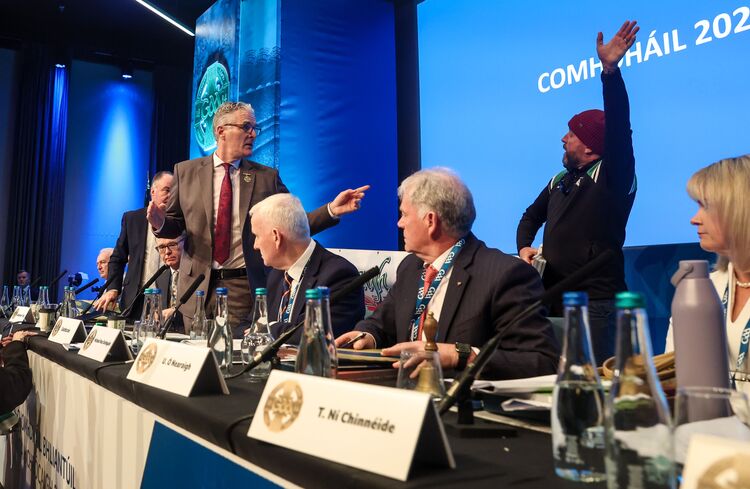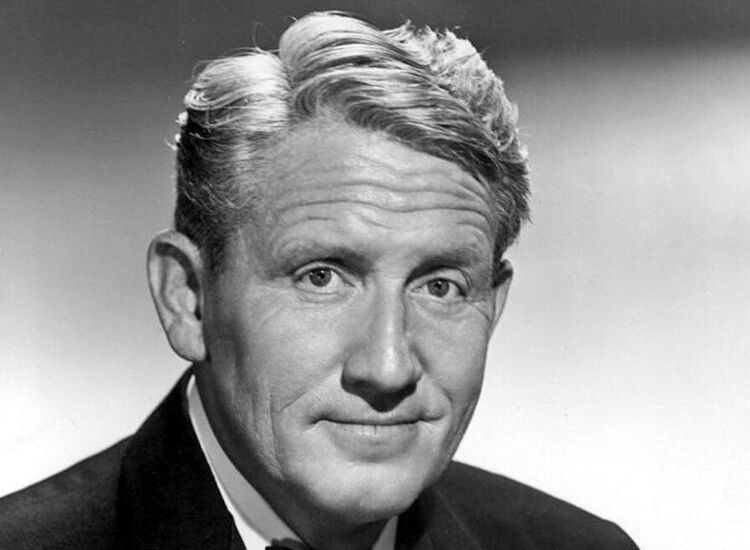Dublin's reforming Archbishop Diarmuid Martin might approve of the novel "The Brothers' Lot," which is set in a Dublin school run by the Brothers of Godly Coercion. So suggested author and academic Lucy McDermid in a recent issue of the Times Literary Supplement.
She argued in her review that Kevin Holohan's debut novel is not anti-church or anti-religious. "The epigraph from Matthew 25:40," she wrote, "provides the spiritual value lacking in the school and in the Brothers: 'Whatsoever you do unto the least of these my brethren, you do unto me.'"
Holohan told the Echo a few months ago that his first efforts sounded too harsh, so he switched to what he called the Mel Brooks approach: "Your best defense against these people is to make fun of them."
Clearly, it worked for McDermid: she commended the "witty, brilliant, devastating expression of outrage." She describes it as "subtly imagined" and "elegantly structured."
Holohan got another enthusiastic review in last Saturday's Irish Times. Dan Sheehan wrote: "The day-to-day rituals and recitations of life in such an institution are given just enough of an absurdist tweak to render them wholly ridiculous, yet instantly recognizable to anyone who has spent time under the thumb of such guardians of moral rectitude."
Sheehan praised "Holohan's ability to write the kind of free-flowing naturalistic dialogue that so potently conveys the anarchic spirit of schoolboy warfare - and as the Brothers themselves become more and more unhinged, a war is truly what is ignited..."
But before that point is reached, "any and all deviation from the Brothers' divine curriculum is met with a swift leathering and a colorful shopping list of put-downs. Indeed some of the most hilarious of this book's wealth of comic moments are to be found in the clash between the Brothers' fire-and-brimstone linguistic dexterity, and the feigned ignorance of messers McDonagh, Scully and Lynch as they attempt to burn down every class through self-immolation."
Holohan will read from "The Brothers' Lot" tomorrow night, Aug. 18, at KGB Bar, 85 East 4th St., Manhattan, at 7 p.m.
A master's multilayered, old-school narrative
William Kennedy's debut novel "Legs" was published 36 years ago. He's since picked up a Pulitzer Prize and many other honors, and was in 2009 the inaugural recipient of the Irish-American Writers & Artists' Eugene O'Neill Lifetime Achievement Award. I'm sure, though, that he still welcomes good reviews. He's just got one from Publishers Weekly for "Changó's Beads and Two-Tone Shoes," the latest in his novels set in his native Albany, which is due for publication in coming weeks.
Some of the early action takes place in late 1950s Havana, where journalist Daniel Quinn is reporting the revolution. "In the Floridita bar, Ernest Hemingway introduces him to 23-year-old Cuban socialite Renata Otero, and Quinn is bewitched at first sight," said the Publishers Weekly review.
"These heady days of revolution inform the novel's second turbulent period-1968-and find Quinn back in Albany covering the machinations of the Democratic steamroller that is slowly crushing the capital's largely black urban poor," the review continued. "Robert Kennedy has just been shot, and in the course of that day Quinn receives unexpected visitors from his past and documents the racial tension boiling over in Albany."
The review said: "Kennedy's journalistic training is manifest in a clear, sure voice that swiftly guides the reader through a rich, multilayered, refreshingly old-school narrative. Thick with backroom deal making and sharp commentary on corruption, Kennedy's novel describes a world he clearly knows, and through plenty of action, careful historical detail, and larger-than-life characters, he brilliantly brings it to life."












